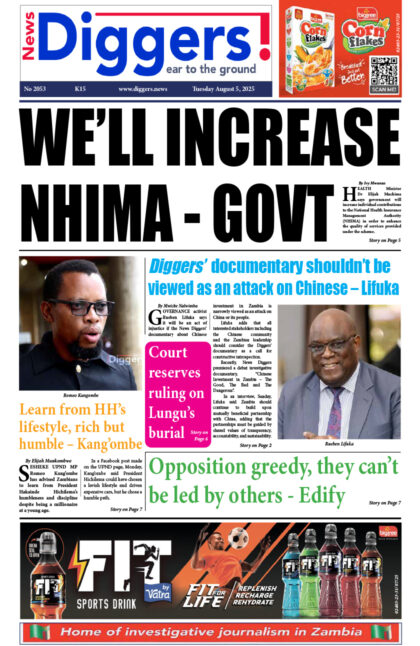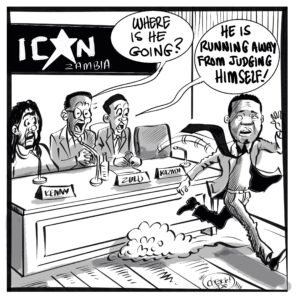A YOUTH activist has submitted to the Constitutional Court that its previous judgements on former president Edgar Lungu’s eligibility to contest elections were made per incuriam and should, therefore, be set aside. Per incuriam means that a previous court judgement has failed to pay attention to relevant statutory provision or precedents. Meanwhile, Michelo Chizombe has insisted that Lungu has served two terms of office and is, therefore, ineligible to participate in any future presidential elections. In this matter, Chizombe wants a declaration that Lungu is not eligible to contest any future presidential elections. Chizombe, who also cited the Electoral Commission of Zambia (ECZ) and the Attorney General as respondents, further wants the court to declare that Lungu’s participation in the...
























